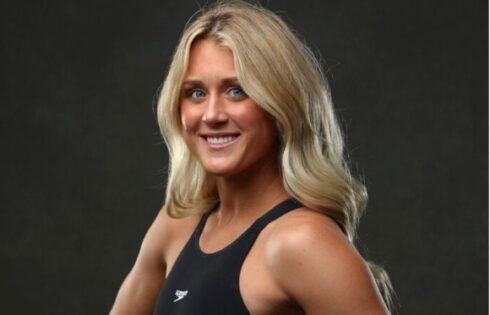
New Honor Committee bylaw is not a ‘failsafe option’
The U.S. Constitution bans double jeopardy in trials.
When it comes to campus sexual misconduct proceedings, though, the federal government actually orders double jeopardy when schools already have an appeals process (allowing accusers to appeal not-guilty findings).
But have you ever heard of triple jeopardy in a college proceeding?
The University of Virginia is giving accusers yet another bite at the guilt apple under a new bylaw adopted by its Honor Committee, the student-run and student-elected body that enforces code violations.
The committee was responding to a gap in its enforcement authority, which until recently did not cover Title IX cases. Lying during a Title IX proceeding, for example, would not be functionally punishable under the old honor code.
The Foundation for Individual Rights in Education analyzes the new bylaw, which it says was devised in good faith but went horribly wrong in practice.
Most of the bylaw (page 17) binds the Honor Committee to “dismiss any report of an alleged Honor Offense” when the conduct was deemed “previously adjudicated” by the Title IX coordinator:
The Title IX Coordinator will deem conduct raised in an Honor report to have been “previously adjudicated” pursuant to the Title IX Policy when the allegations made in the Honor report arise from testimony or other evidence relevant to, and considered in the course of, an investigation and Formal Resolution of alleged Prohibited Conduct pursuant to the Title IX Policy.
Samantha Harris, FIRE’s vice president for procedural advocacy, explains that this section limits the committee’s jurisdiction to “issues that arise during a Title IX proceeding that were immaterial to the outcome of the case.” In other words, it could punish conduct that had nothing to do with the Title IX finding.
The triple-jeopardy provision shows up in the last sentence of the lengthy bylaw addition, and it basically contradicts the rest of it:
Notwithstanding the foregoing, the Executive Committee, by unanimous vote, may override the Title IX Coordinator’s decision if it determines that such decision represents a fundamental misapplication of the description of “previous adjudication” set forth above.
This is not a “failsafe option,” Harris argues. It’s an invitation for mob rule, since any not-guilty finding by the Title IX apparatus is likely to outrage campus activists and direct their attention to the Honor Committee.
She notes that multiple court rulings highlight colleges punishing accused students in apparent response to public pressure, not because of the strength of the evidence against them.
“For the same reasons of fundamental fairness that our criminal justice system does not allow those accused of crimes to face double jeopardy, colleges and universities should not force their students to face multiple hearings for what is effectively the same charge,” Harris writes.
We already know that students chill their expression for fear of what their peers will think of their personal views. Why would we expect that they can withstand peer pressure when they have the power to actually change something: the exoneration of a student accused of sexual misconduct?
MORE: America’s best colleges get even worse on due process
IMAGE: WAYHOME studio/Shutterstock
Like The College Fix on Facebook / Follow us on Twitter





Please join the conversation about our stories on Facebook, Twitter, Instagram, Reddit, MeWe, Rumble, Gab, Minds and Gettr.